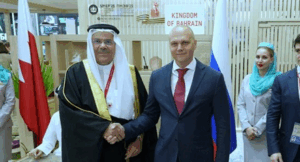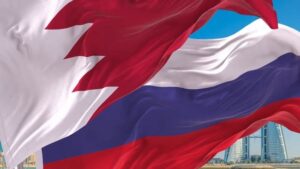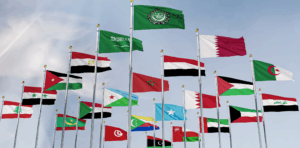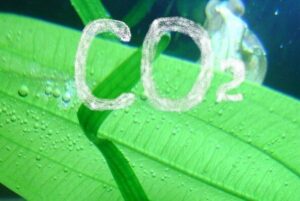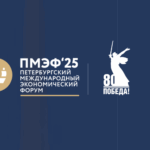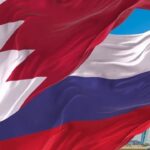Imagine a country with vast reserves of energy - oil, gas, solar, wind - but with no water supply
Fahad al-Attiyah, an infrastructure engineer, food security expert and member of the Qatar Legislative Council, described the ingenious ways in which the small Middle Eastern country of Qatar secures its water supply.
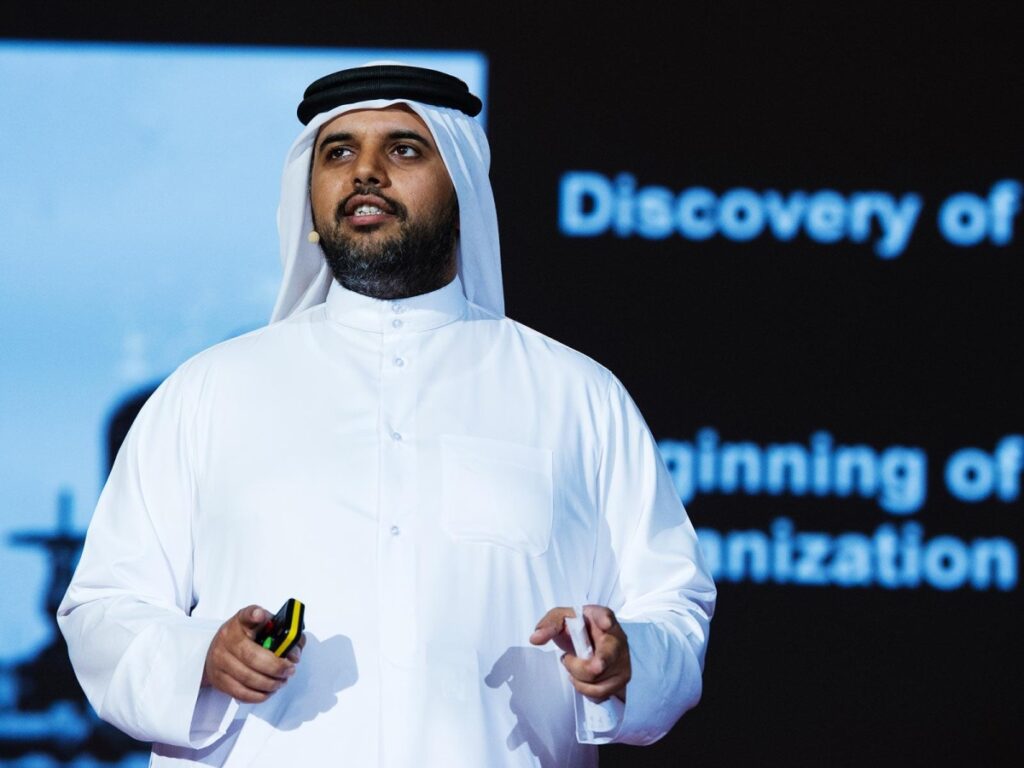
- My job is to feed this country. That's what I'll be doing for the next two years: developing a master plan, and for the next 10 years, implementing it, not alone, of course, - says Fahad al-Attiyah.
Qatar in the 1940s was a country in the Middle Ages: there was no water, no power, no oil, no cars. Most of the population was either fishermen from fishing villages or nomads migrating across the desert in search of water. There were no cities like Doha, Dubai, Abu Dhabi, Kuwait or Riyadh. And not because people didn't know how to build cities. There just weren't the resources to build. And life expectancy was low, with most people dying at the age of 50.
In 1939, oil was found and it completely changed the country. Water consumption increased to 430 liters (this is one of the highest values in the world: from total lack of water - to consumption at a level higher than all other countries), and life expectancy increased to 78 years. And if earlier cities were completely dying out due to lack of water, now in Qatar not just cities are being built, but dream cities, cities for future scientists and doctors.
- We are standing beautiful houses, developing design, developing architecture. People are determined to live here where it was not possible before. With the help of technology, of course. Brazil gets 1,782 millimeters of rain a year. In Qatar it is 74, and yet we have such growth," says Fahad Al-Attiyah.
All of this is made possible by a giant desalination machine. The key factor here is energy, which has changed the lives of Qataris. Desalination is the best technology that could have come from this region.
But there are also significant risks: the population and its demands are growing; a few months ago, there were already 7 billion people in the world. And they all need food and water. And according to forecasts, by 2050 there will be 9 billion.
So a country without water should think about what is happening outside its borders. Food preferences are also changing. After reaching a high level of socio-economic development, people started eating differently, eating more meat. On the other hand, crops are falling due to climate change and other factors. A crisis is inevitable.
In Qatar, the situation is as follows: there is only a two-day supply of water. Qataris import 90% of food and cultivate less than 1% of land. The few farmers who used to cultivate land have had to give it up because of the free market, high competition and lack of water. So there are risks. And these risks are directly related to the livelihood and development of this country.
Is there a solution? There is a reliable, long-term solution. Desalination requires energy. In Qatar, where there are 300 days of sunshine a year, there is such a source, there is an inexhaustible resource.
The Qataris plan to use this renewable energy source for desalination, generating an estimated 1,800 megawatts of solar power to produce 3.5 million cubic meters of water.
This water will go to farmers, and farmers will irrigate their crops and will be able to provide food for society. But in order to support the horizontal line - these are projects, these are systems being developed - it will be necessary to develop the vertical line - system support: quality education, research and development, production, technologies to apply these technologies, and finally, the market. But everything is based on legislation, standards, regulations. Nothing can be done without them.
This is the prospective plan for providing water to a waterless country.
- We hope to finalize it completely in two years and start implementing it. Our goal is a millennial city similar to other millennial cities: Istanbul, Rome, London, Paris, Damascus, Cairo. Rome, London, Paris, Damascus, Cairo. We are only 60 years old, but we want to live forever, to be an eternal city, to live in peace," is how Fahad Al-Attiyah ends his speech.

